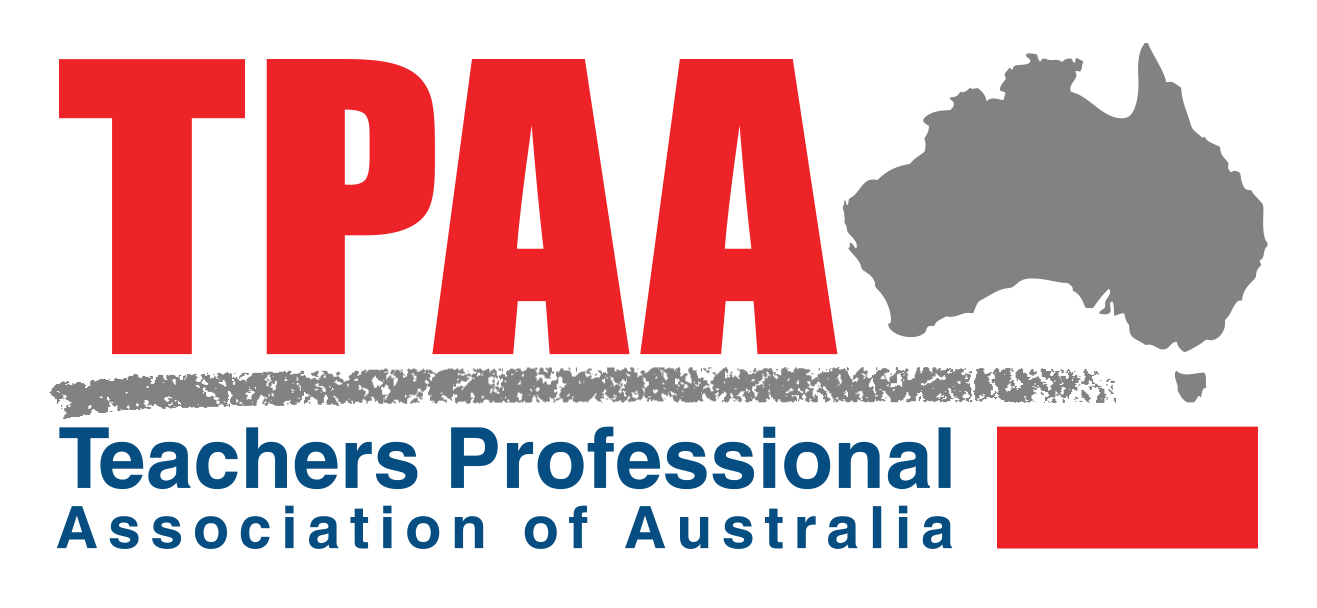The final term of the school year is a unique and challenging time for educators. As the Christmas season approaches, teachers find themselves navigating a complex landscape of administrative tasks, emotional transitions, and festive preparations. This guide aims to help educators manage the end-of-year period with professionalism, creativity, and compassion.
Organizational Strategies for a Smooth Conclusion
The key to managing end-of-year stress is meticulous organization. Begin by creating a comprehensive timeline for term four that includes critical dates such as:
- Assessment and report deadlines
- Planning meetings
- Parent follow-up conferences
- Classroom clean-up schedules
- Swimming carnivals
- Excursions
- Christmas concerts
- Graduation ceremonies
- Awards nights
Particularly for students with disabilities, advanced communication about changes in routine is crucial. Unexpected shifts can be especially challenging, so providing clear, early information helps reduce anxiety and supports smooth transitions.
Approaching Christmas in Different Educational Settings
The way Christmas is celebrated varies significantly depending on the type of school:
- Christian Schools: These institutions typically focus on the religious significance of Christmas, emphasizing the birth of Jesus.
- Non-Christian Schools: A more circumspect approach focuses on cultural respect and the secular aspects of the holiday season.
- Public Schools: While religious components are guided by specific directives, teachers often explore the cultural and secular elements of Christmas.
Curriculum Integration
The Australian Curriculum provides flexible guidelines for incorporating holiday-themed activities. The focus is on promoting cultural understanding, respect, and appreciation of diversity. When planning Christmas-related activities, ensure they have clear links to curriculum content descriptors.
Curriculum-Aligned Christmas Activities
Depending on the year level, you can integrate Christmas themes into various subjects:
- HASS (History, Geography, Civics): Explore how Christmas is celebrated globally
- English: Use holiday-themed literature, storytelling, and performance
- Arts: Create Christmas-themed artwork, music, dance, and drama
- Media Arts: Develop videos, animations, and creative projects
Some creative activity ideas include:
- Transforming used books into Christmas tree decorations
- Creating Christmas biscuits
- Developing short plays or videos
- Making animations
Curriculum Content Descriptors
Each year level offers unique opportunities to incorporate Christmas-themed learning. For instance:
- Foundation Year: Focus on personal and family celebrations, emotional responses, and storytelling
- Year 1-2: Explore cultural connections and community celebrations
- Year 3-4: Investigate global celebrations and cultural diversity
- Year 5-6: Analyze cultural contexts and different perspectives
- Year 7-8: Develop media representations and performance skills
- Year 9-10: Explore artistic expression and emotional intelligence
Navigating End-of-Year Emotions
The conclusion of the school year can be emotionally charged. Students may display a range of reactions, from withdrawal to excessive excitement. As an educator, your challenge is to:
- Establish clear boundaries
- Plan engaging, stimulating activities
- Create a meaningful closure ritual for your class
- Be sensitive to individual emotional needs
Professional Considerations
Gift-Giving Guidelines
Gift-giving can be a sensitive area. Consider these professional recommendations:
- Always follow your school's gift policy
- If giving gifts to students, ensure absolute equity
- Avoid individual gifting to prevent any perception of inappropriate behaviour
- Be aware of monetary value limitations
Staff Gatherings
End-of-year staff events vary between schools. Whether it's a dinner, lunch, or informal gathering:
- Participate in boosting morale
- Use the opportunity to farewell departing colleagues
- Exercise caution with alcohol consumption
- Maintain professional boundaries
Closure and Renewal
The end of the school year is more than just a conclusion—it's an opportunity for reflection, celebration, and preparation for the future. Invest time in school events, recognise achievements, and create meaningful memories.
Take care of yourself during this intense period. The Christmas break is a chance to recharge, refresh, and return to the new school year with renewed energy and enthusiasm.
A Final Word of Encouragement
Every school has its unique rhythm, and every class its distinct dynamic. Successful navigation of the end-of-year period requires flexibility, empathy, and a genuine commitment to supporting students' educational and emotional development. It demands both professional skill and personal compassion.
As the year draws to a close, teachers stand at a remarkable intersection of administrative responsibility and emotional support. They are not merely educators but architects of meaningful educational experiences, carefully guiding students through significant life transitions.
To all educators embarking on this complex journey: approach the end of the year with patience, creativity, and an open heart. Celebrate the achievements, acknowledge the challenges, and prepare to welcome the opportunities that the new year will bring.
Why is the TPAA different? We believe that real change in education STARTS with empowering educators, not bureaucrats.
Want to find out more or have a question? Get in touch with us:
Phone: 1300 252 777
Email: hotline@tpaa.asn.au
Or book a meeting
Best of luck in your teaching career!
Related Posts
TPAA Case Win #1350 - TPAA Parachutes Teacher to Safety
Read about how we Negotiated a favourable Separation Package for a member after they were bullied...
Case Win: From Victim to Victor: How Teachers Union TPAA Assisted a Teacher Facing Student Abuse
Standing Up Against Abuse in Education - The TPAA Difference
Teachers are the backbone of our...
Australian Teachers and the Law
How Australian Education Laws Affect Your Role and Responsibilities
One of the most overlooked...


